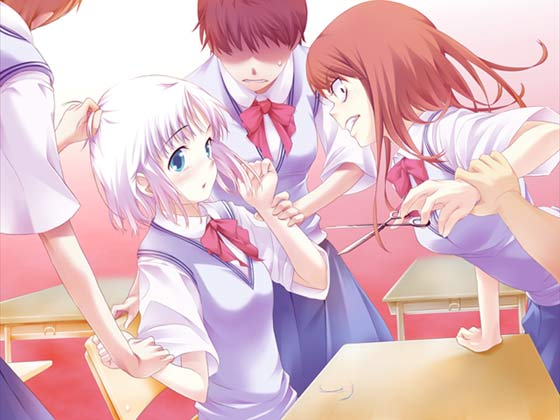All things considered, laughter only belongs in a foreign language classroom if it helps build confidence in language skills, and it’s really not a good idea to throw your head back and laugh at the mistakes your students make. Although I’ve tried to hold to this goal, there have been times during my career as an ESL teacher when it was very difficult to keep the giggles away. One older student was describing a scene about skyscrapers in New York, but she kept saying “skycrapper” instead, which had me twisting this way and that picturing some kind of divine lavatory in the sky. Another time a student told me how he fixed his car radio over the weekend, only he didn’t say “fixed,” but another word entirely which starts with the same letter, and I struggled to keep from laughing out loud at this. We were talking about careers once, and one student who planned to take the test to enter the National Postal Service told me his dream was to become a “post officer,” which struck me as amusing, even though it’s a logical mistake when you stop and think about it. Then there are those bits of insight that only a learner of a foreign language can have, like my student who observed, “We cannot go to Antarctica because it is under penguin rule.” I feel bad about laughing at my students from time to time, although I know that I’ve given as good as I got, providing the Japanese with many hours of amusement thanks to my own language slip-ups over the years. Like the time I tried to order some mango juice in a restaurant, and substituted a “k” for the “g,” resulting in pretty much the rudest word that exists in Japanese (which is “manko” and is a word referring to the female genitals).

“We cannot go to Antarctica because it is under penguin rule.”















